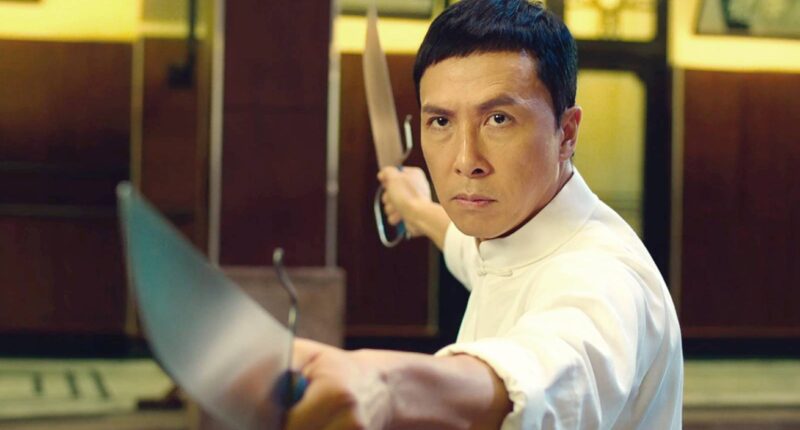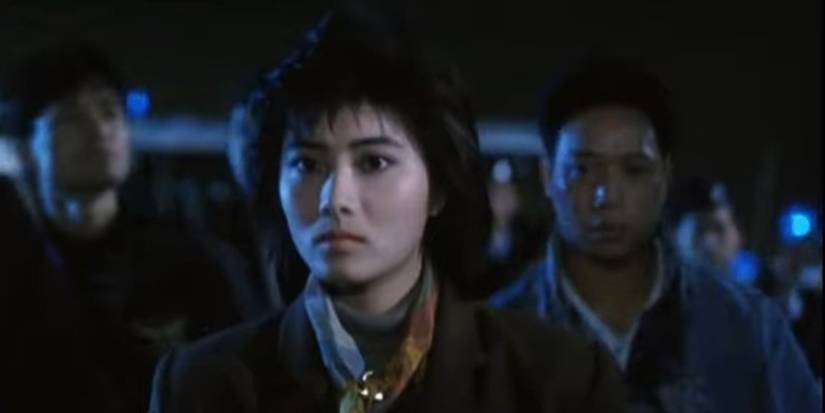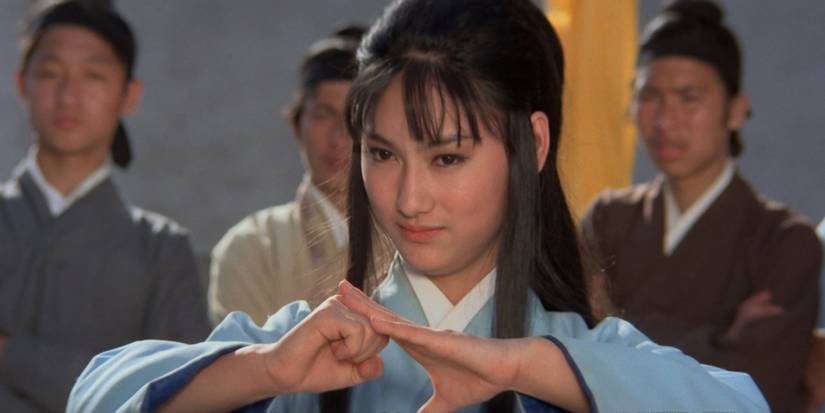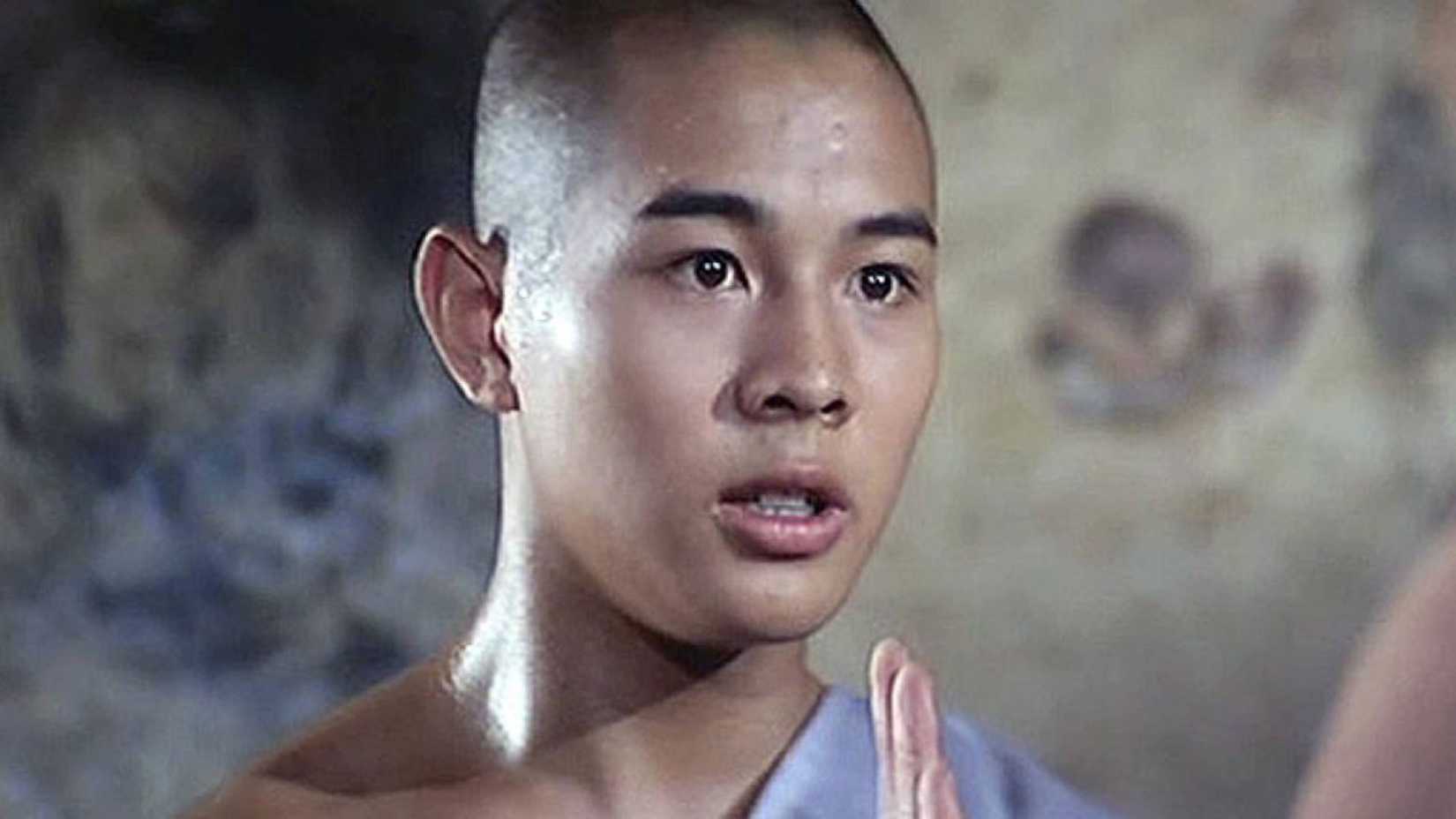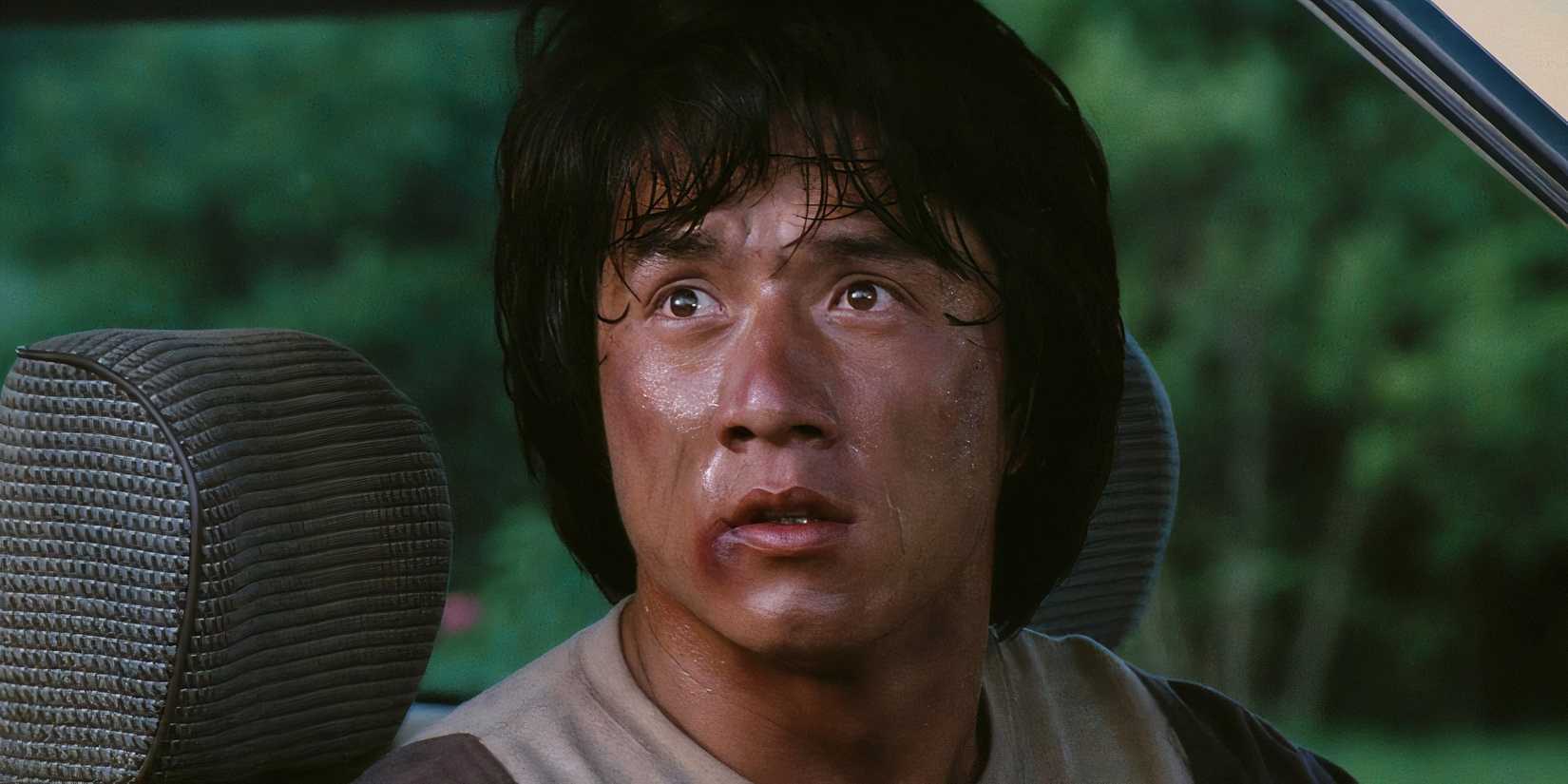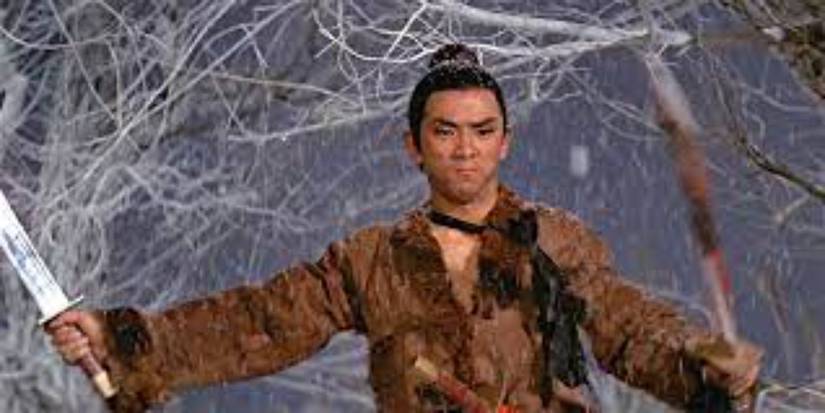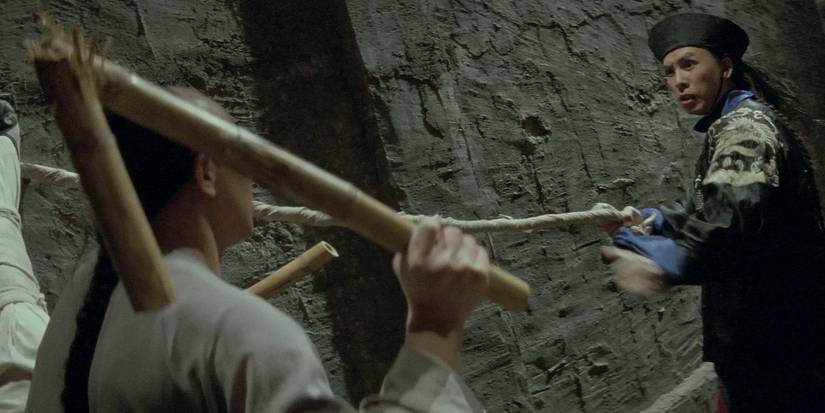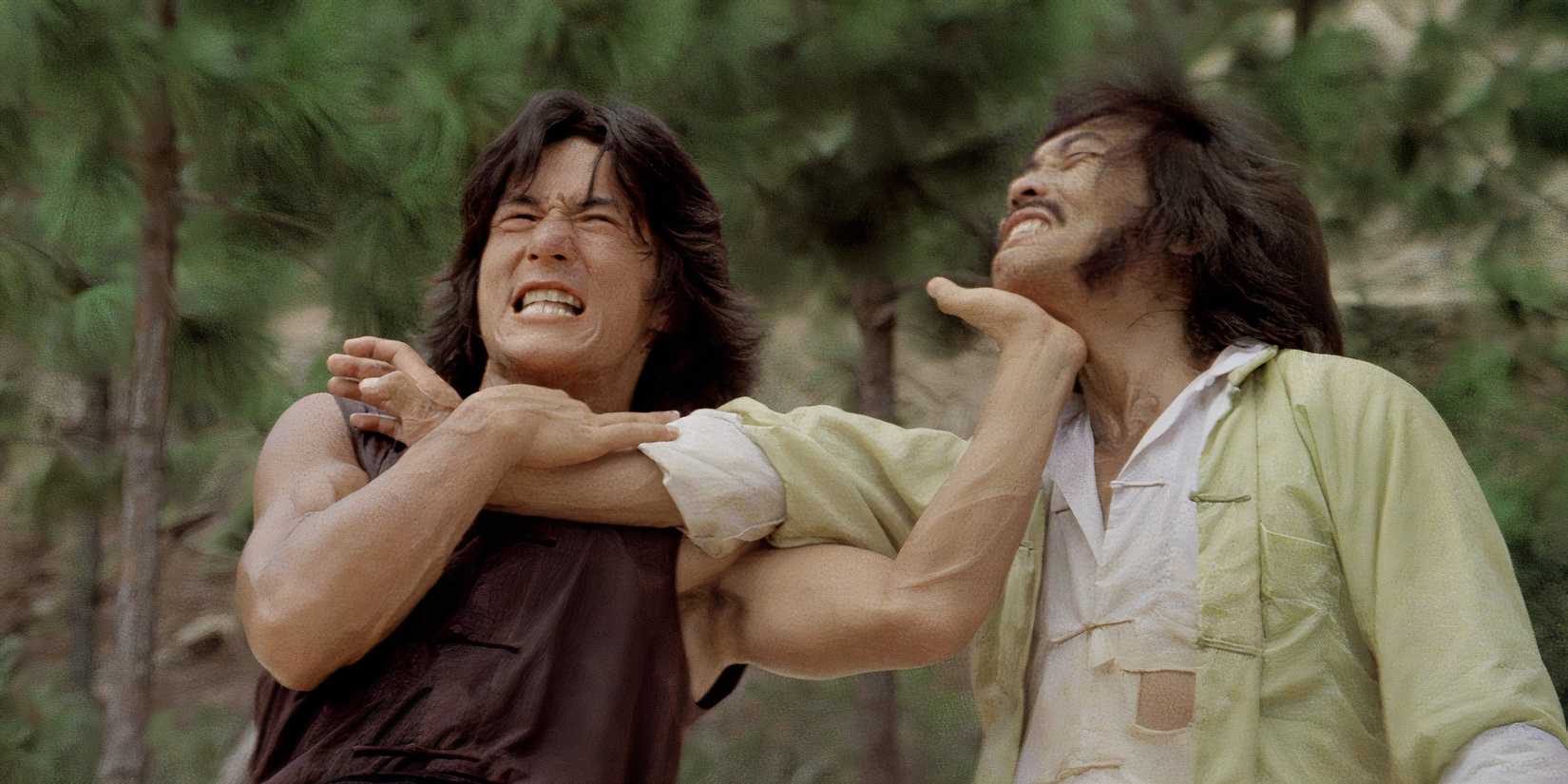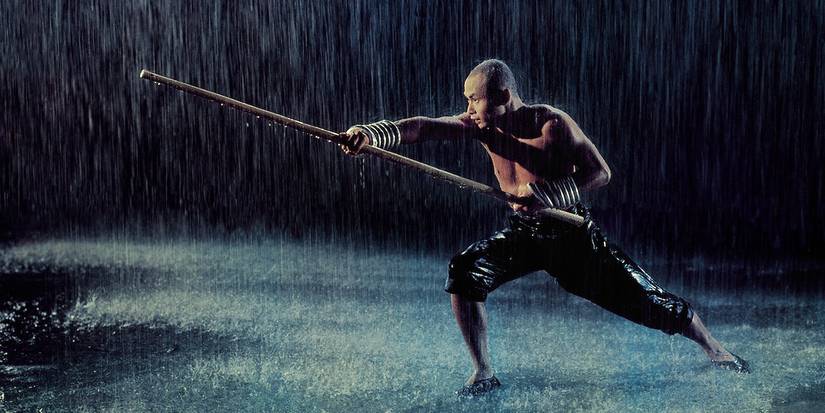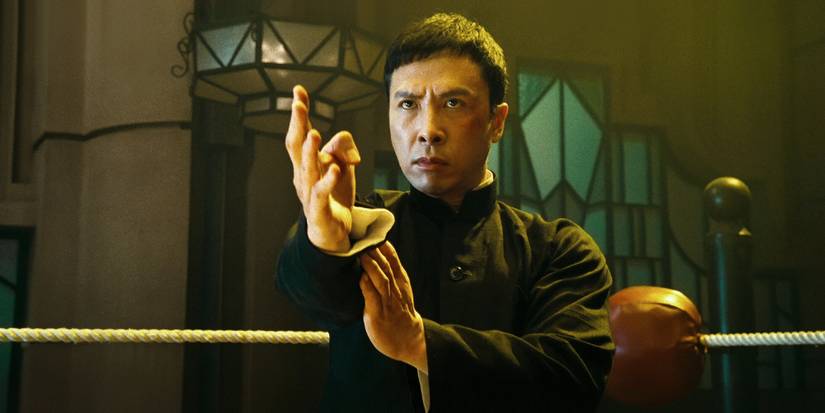Kung fu movies are responsible for some of the most entertaining franchises ever made. The likes of Jackie Chan, Jet Li, Donnie Yen, Alexander Fu Sheng, and Gordon Liu have each made a multitude of noteworthy kung fu films, with some either being individual installments in a bigger series or the start of one.
A propensity for sequels is something that applies to the martial arts genre as a whole. In Thailand, Tony Jaa spearheaded one of the best martial arts franchises of all time in the form of the Ong Bak trilogy. Jean-Claude Van Damme jump-started two all-time great franchises of his own when he made Kickboxer and Bloodsport. Also worth mentioning are The Karate Kid and John Wick.
Long before Hollywood developed sequel fever, studios in Hong Kong and Taiwan had already contracted it, as evidenced by the number of follow-ups their most successful movies wound up receiving. Over time, the kung fu side of the martial arts genre has seen more than its fair share of enjoyable film franchises that spanned three, four, five, or even more installments.
10
In The Line Of Duty
Comprising seven official movies, the In the Line of Duty series are modern-day martial arts cop films about a female detective who can use her kung fu skills to combat organized crime. Yes, Madam amounted to a great action vehicle for Michelle Yeoh, followed by a worthy sequel that teamed the actress with Cynthia Rothrock.
The series moved on without Michelle Yeoh and found a new lead (and title) when it brought in Cynthia Khan. The franchise still technically worked without Yeoh, with Khan having plenty of charm and fighting prowess to lead the series. However, it became too formulaic and many of the films offered very little in terms of story.
That said, it did produce one more great entry in the form of In the Line of Duty IV: Witness, which is arguably one of the most underrated martial arts movies of the 1980s.
9
Armour Of God
In the 1980s, Jackie Chan headlined two Hong Kong action movies in the style of the Indiana Jones series, Armour of God and Armour of God 2: Operation Condor. As it turns out, Indiana Jones and the formula of a Jackie Chan movie make for a fun combination, as they enable the action-packed trips to exotic locations seen in the Indiana Jones franchise to adopt the signature style of Jackie Chan, complete with his devotion to doing his own stunts.
In 2013, Chan returned to the Armour of God series to make a proper third entry, Chinese Zodiac. Despite his advancing age, Chinese Zodiac went even heavier on the action as usual, even breaking records with the number of stunts it included for its star.
8
The Brave Archer
Shaw Brothers, the biggest studio in the kung fu movie industry, assembled many of its top stars for a series of three movies, beginning with The Brave Archer. Based on Louis Cha’s The Legend of the Condor Heroes, The Brave Archer trilogy followed the exploits of Alexander Fu Sheng’s Kwee Ceng as he meets various figures in the martial arts world, progresses in his fighting abiltiies, and crosses paths with his secret brother.
In a sense, The Brave Archer films are the kung fu movie genre’s closest equivalent to The Lord of the Rings, in that they take a massive cast of characters and take them through a sprawling three-part narrative, with many getting their own arcs and cliffhangers that set up new adventures.
The greatest weaknesses of The Brave Archer movies are their lack of a fluid cast and the fact that the trilogy doesn’t properly wrap up the story. Two more Brave Archer movies were made, but they – much like their predecessors – made confusing recasting decisions that hindered from easily keeping up with who was who from sequel to sequel.
7
Shaolin Temple
Martial arts superstar Jet Li had his breakout role in 1982 when he played the lead in Shaolin Temple, a kung fu movie about a young man who becomes a Shaolin monk so that he can receive training and eventually get revenge on his enemies. Filmed at the actual Shaolin Monastery, the 1983 cult classic made excellent use of Jet Li’s martial arts expertise while also weaving a memorable – albeit traditional – old-school kung fu movie narrative.
After the movie, Jet Li starred in two sequels, Shaolin Temple 2: Kids from Shaolin and Shaolin Temple 3: Martial Arts of Shaolin. Both were worthwhile kung fu movies with good action and stories, but didn’t deliver anything groundbreaking. Also, they weren’t direct sequels either, as both placed Jet Li in new adventures related to the Shaolin Temple.
6
Police Story
By starring as Chan Ku-kai in Police Story, Jackie Chan kickstarted one of the longest martial arts movie franchises. The 1985 martial arts cop film coupled Jackie Chan’s comedic antics with some of the most breathtaking, death-defying stunts in the actor’s entire career. For Police Story 2, the set pieces and stunts became even grander, with the star seemingly determined to make sure the sequel met the standards set by the original.
What followed was an unforgettable pairing between Jackie Chan and Michelle Yeoh in Police Story 3: Supercop, which was good enough to prompt a Yeoh-led spinoff in Supercop 2. Chan played Chan Ku-kai again in Police Story 4: First Strike, and despite franchises generally struggling to maintain their originality by the fourth film, the movie’s non-stop action and creative stunts showed that it had yet to run out of steam.
Made years later, reboots New Police Story and Police Story 2013 brought greater emotional depth to the Police Story formula, and while it did make for a refreshing change, neither movie had quite the same level of charm as Chan’s first four movies in the series.
5
The One-Armed Swordsman
One of the most important martial arts movies ever made, Shaw Brothers’ The One-Armed Swordsman made waves when it put Jimmy Wang Yu in the role of a hero who loses his arm. Directed by Chang Cheh, The One-Armed Swordsman’s phenomenal training sequences, revenge narrative, and action-packed finale helped set an early template for what a good martial arts movie is supposed to be.
Jimmy Wang Yu returned for a memorable sequel in Return of the One-Armed Swordsman, although it admittedly didn’t live up to the extremely high expectations set by the first film. The third movie, The New One-Armed Swordsman, which was more of a reboot than a proper sequel, didn’t beat out the original either, but created a likable new protagonist with David Chiang as Wang Yu’s replacement, and complimented it with an epic revenge story of its own.
4
Once Upon A Time In China
Like Drunken Master, Jet Li’s Once Upon a Time in China uses real-life kung fu expert Wong Fei-hung as its principal character. But rather than make its story a comedy, Jet Li’s movie is more interested in delving deep into Chinese culture and offering a more serious and heartfelt approach to the hero’s journey.
There’s plenty of drama and great worldbuilding in the Once Upon a Time in China series, but that’s not to say the action is forced to take a backseat. The elaborately crafted, wirework-reliant fight scenes rarely disappoint, with its Jet Li vs. Donnie Yen face-off in Once Upon a Time in China II being one of the greatest fight scenes in both actors’ respective careers.
The franchise’s signature “wire-fu” style slipped a bit in quality with the temporary exit of Jet Li for the fourth and fifth movies, but each installment delivered regardless. The series declined in overall quality after the second movie, but to be fair, it’s not easy to maintain that standard when the first two entries are considered among the best in the genre’s entire history.
3
Drunken Master
In 1978, Jackie Chan was launched to stardom via his starring role in Drunken Master, which brilliantly combined comedy with martial arts action in a story that culminated in one of the greatest final showdowns in the martial arts genre.
A year later, the mentor to Jackie Chan’s character, Yuen Sui-tien’s Sam Seed, returned for a lesser-known sequel, Dance of the Drunk Mantis. It didn’t have the star that made Drunken Master a household name, but was incredible nonetheless, thanks in large part to an exciting rematch between Yuen Siu-tien and Hwang Jang Lee, but with the latter playing a new character.
It took 15 more years, but a direct sequel to the first Drunken Master finally happened, with Jackie Chan finally reprising his role as Wong Fei-hung. Drunken Master II was a rare case of a sequel managing to surpass its already-legendary predecessor to become one of the best martial arts movies of all time.
2
The 36th Chamber
Drunken Master wasn’t the only martial arts masterpiece to release in 1978. Also hitting theaters that year was The 36th Chamber of Shaolin, which, in some ways, is the quintessential old-school kung fu movie.
It has all the staples of a great entry in the genre: top-notch martial arts choreography from Lau Kar-leung, an actor who makes the fight scenes believable in Gordon Liu, a well-written, revenge-driven plot, and excellent training sequences. In fact, it’s various training scenes that develop and expand San Te’s abilities are the driving force of the Shaw Brothers classic.
Gordon Liu returned for two more 36th Chamber movies, Disciples of the 36th Chamber and Return to the 36th Chamber, one being a direct sequel and the other a movie with loose connections to the original. In any case, both did right by their predecessor in terms of their choreography and stories, and in turn, completed what is now the best martial arts trilogy ever made.
1
Ip Man
In 2008, it would have been difficult to imagine a biopic about Bruce Lee’s mentor amassing a franchise made up of what will soon be six movies (including one spinoff), but not only has director Wilson Yip and its star, Donnie Yen, succeeding in pulling that off, but they’ve also made accomplished the challenging task of making each movie feel like a necessary addition to Ip Man’s story.
Ip Man wowed audiences upon its release via an epic standoff in which Donnie Yen’s character impressively took down ten men. Granted, the franchise hasn’t been able to top that, but each subsequent release in the franchise has proven that it belongs.
The series has leaned heavily on star power to give Yen’s character some stellar competition for its biggest fights, whether it’s Sammo Hung in Ip Man 2, Mike Tyson in Ip Man 3, or Scott Atkins in Ip Man 4. All of these battles were fiercely competitive and excellently choreographed.
The storytelling has been great as well, so much that it’s exceeds the expectations for a standard martial arts film, as evidenced by the heartbreaking tale of Cheung Wing-sing’s battle with cancer in Ip Man 3 and Ip Man’s struggles with facing his own mortality in the fourth movie.
